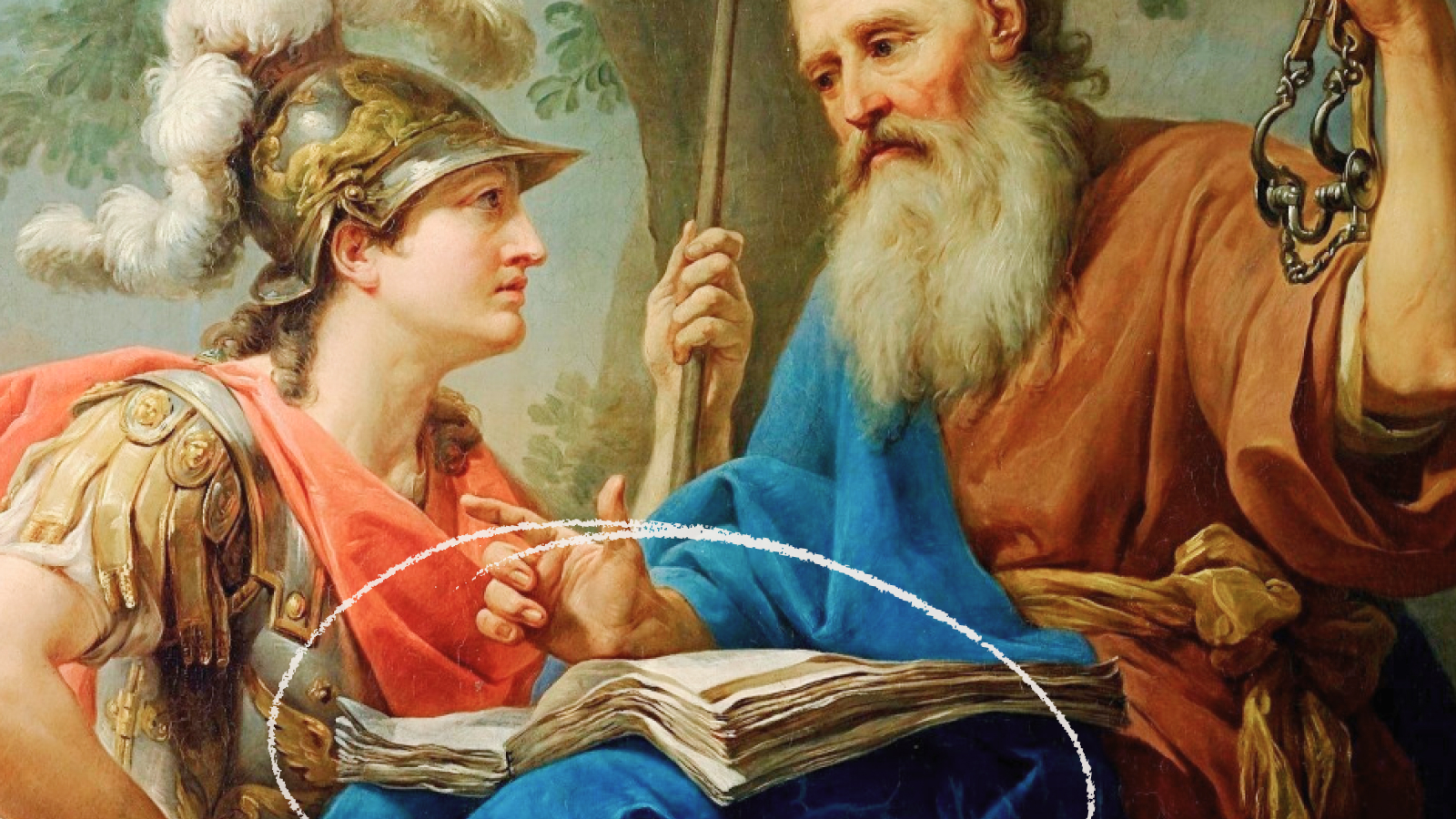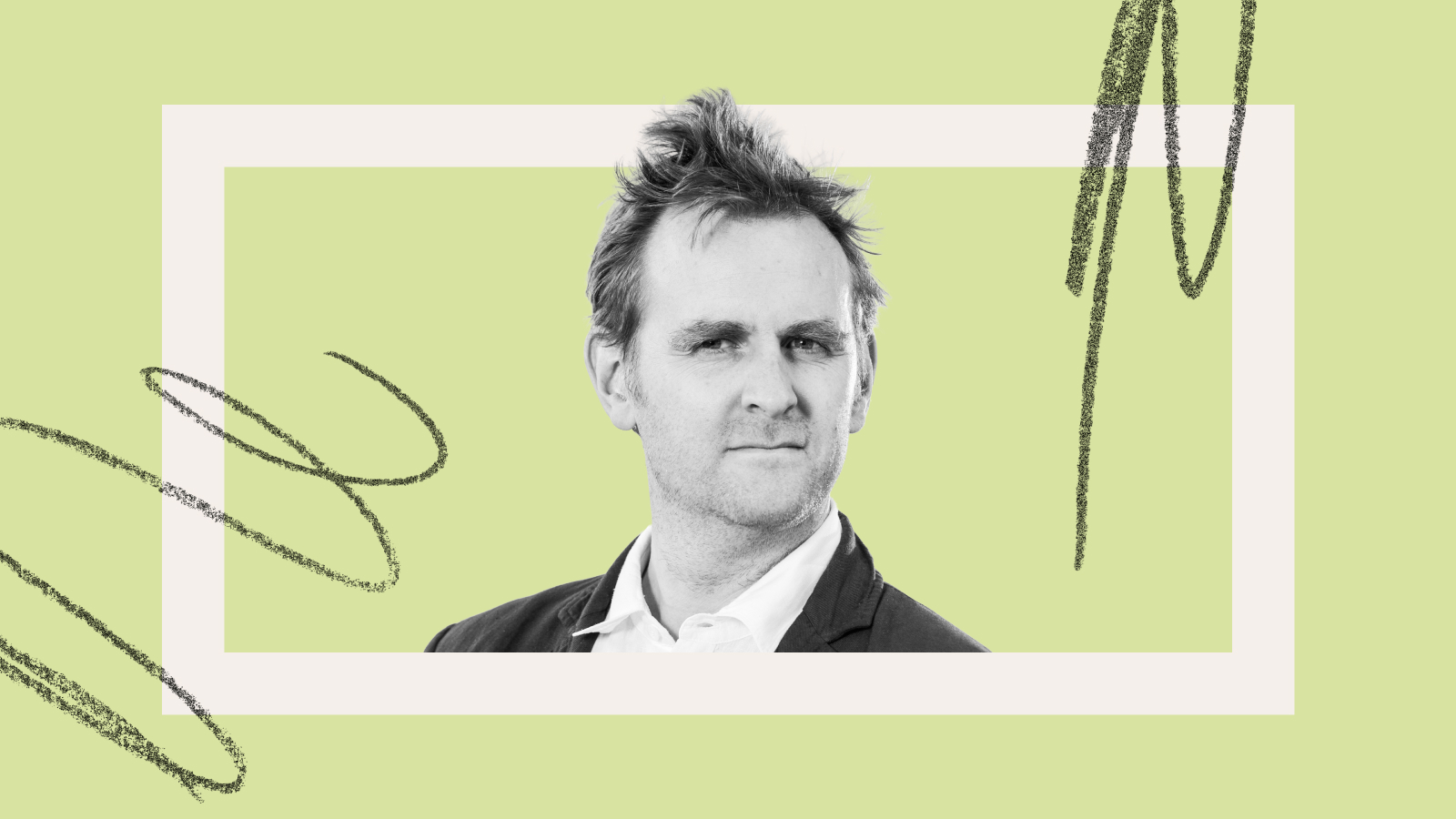Being the Complaint Department at the New York Times

When veteran journalist Daniel Okrent joined the New York Times as the newspaper’s first public editor in 2003, he entered a newsroom reeling in the wake of the Jayson Blair scandal and found himself critiquing the work of some of the best reporters in the country—many of whom were unused to having their work questioned. As a result, he says staffers “were very, very dubious, and in some cases openly hostile” toward him. “No one likes a cop,” he said. “No one wanted to see my name on the caller ID’s box because I couldn’t be calling about good news.”
In his Big Think interview, Okrent talked at length about his time at the Times, and about journalism ethics generally. He said that while there would always be small-scale scandals in journalism, having an ombudsman at a news organization is a good way to make sure that major transgressions get noticed. “There will always be plagiarists,” he said. “There will always be people who didn’t make the phone call they claimed to have made, but the chronic repeated abuse that Jayson Blair was engaged in, I don’t think could happen at a newspaper that has a public editor, or ombudsman.”
Okrent also spoke about some of the challenges facing the newspaper industry, and, in particular, the Times—namely the online culture where content is given away for free. “People in the news business seem to be reluctant to realize is that’s the only thing that matters: that it’s the production of news being rewarded with revenue to cover the costs and perhaps produce a profit, that’s what counts. … Charge people for your product; if they’re not willing to pay for it, maybe you’ve got a problem with your product.”
Okrent’s most recent book “Last Call: The Rise and Fall of Prohibition,” looked at the issues surrounding the U.S.’s alcohol ban in the 1920’s and early 1930’s. He talked a bit about how the push to ban alcohol wasn’t entirely about combating a public nuisance—but was also a response to a wide range of other concurrent issues. Okrent compares the issue to the current debate over health care roiling the country.
Finally, Okrent talks about his other claim to fame—that he is credited with the invention of Rotisserie Baseball, a statistics-based fantasy game that originated in a French restaurant in New York and was a precursor to the wildly popular online fantasy leagues that exist today. And he even gives his predictions for who will win the 2010 World Series.





